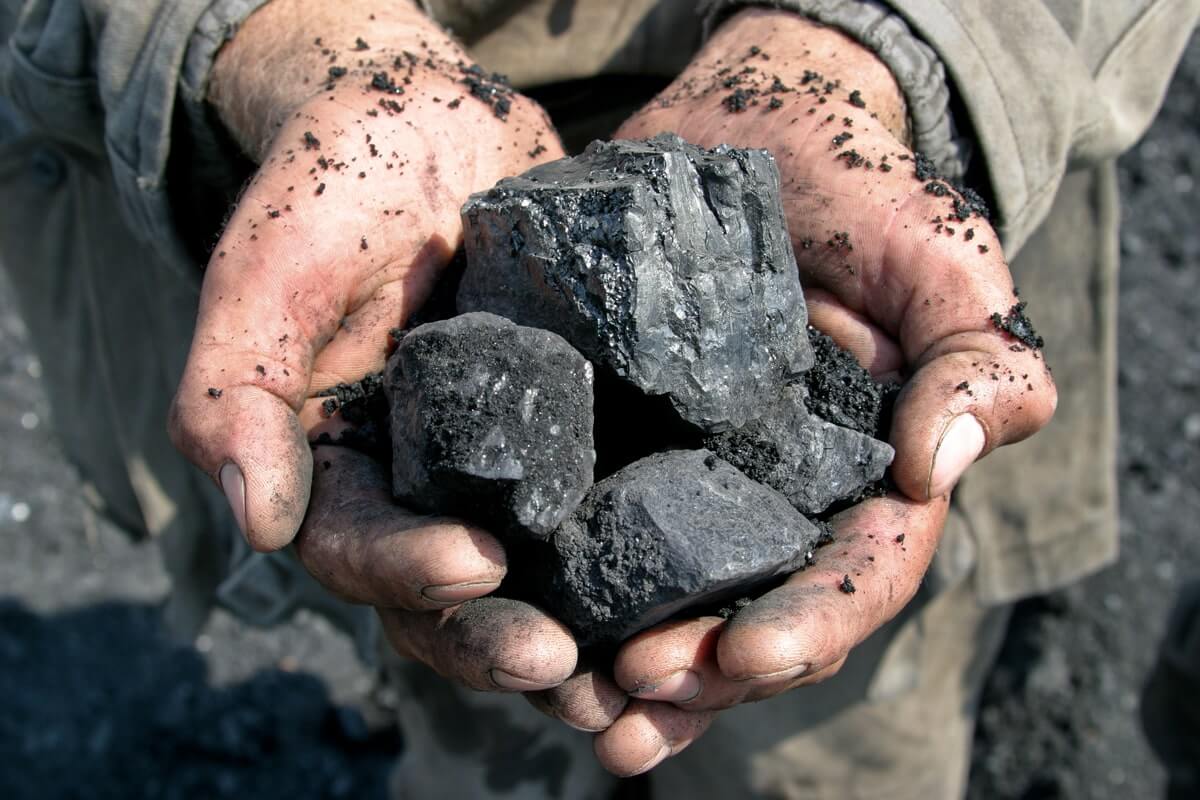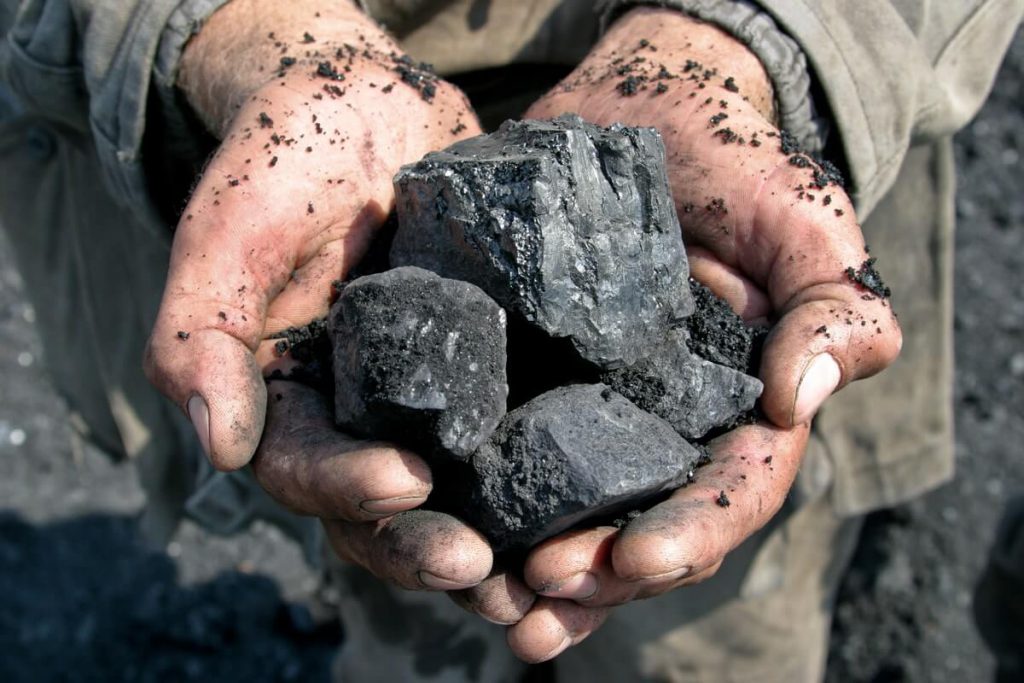
China could turn to Indonesia for coal
Russia’s war in Ukraine is unlikely to impact Southeast Asia consistently.
Since Russia invaded Ukraine, commodity prices have skyrocketed, with oil prices reaching levels not seen since 2008. Russia is a significant oil producer, while Ukraine is a significant exporter of commodities such as wheat and corn. Nonetheless, according to its commodity-driven economy, Indonesia could “actually do reasonably well” in the current environment due to Nafte, a senior economist at CLSA.
More than half of their exports derive from commodities, and you’re now in a position where commodity prices will remain higher for a more extended period.
On the other hand, Thailand’s economy is at the other extreme.
Current conditions will continue to drag Thailand’s most significant economic drivers, exports, and tourism through the rest of the year.
This disruption in global trade will have a significant impact on exports.
Thailand’s balance of payments is also considered the “most vulnerable” among emerging Southeast Asian economies.
Oil prices rose
Oil prices rose in volatile trade on Thursday, following a sharp drop the previous session, as the market considered whether major producers would increase supply to help plug the output gap caused by sanctions for Russia’s invasion of Ukraine.
Brent crude futures were up $2.53, or 2.28 percent, to $113.67 per barrel at 0651 GMT, after trading in a $5 range. The benchmark contract fell 13% in the previous session, the most significant one-day drop in nearly two years.
West Texas Intermediate (WTI) crude futures in the United States were up $1.64, or 1.51%, to $110.34 per barrel after trading in a $4 range. The contract had dropped 12.5 percent in the previous session, the most in a single day since November.
Uncertainty about where and when supply will come from to replace crude from the world’s second-largest exporter Russia in a tight market has resulted in forecasts for oil prices ranging from $100 to $200 per barrel.
Suhail al-Mazrouei, UAE Energy Minister, said late Wednesday on Twitter that his country is committed to the existing agreement by the Organization of the Petroleum Exporting Countries and allies, including Russia, known as OPEC+, to increase oil supply by 400,000 barrels per day monthly following sharp cuts in 2020. Just hours before, prices plummeted after the UAE’s ambassador to Washington stated that his country would encourage OPEC to consider increased output to fill the supply gap caused by sanctions imposed on Russia following its invasion of Ukraine. Russia describes its incursion as a “special operation” to disarm its neighbor.
Crude inventories fell by 1.9 million barrels in the week ending March 4 to 411.6 million barrels, compared to a 657,000-barrel drop.
Crude stocks in the United States Strategic Petroleum Reserve fell to 577.5 million barrels, the lowest level since July 2002.


